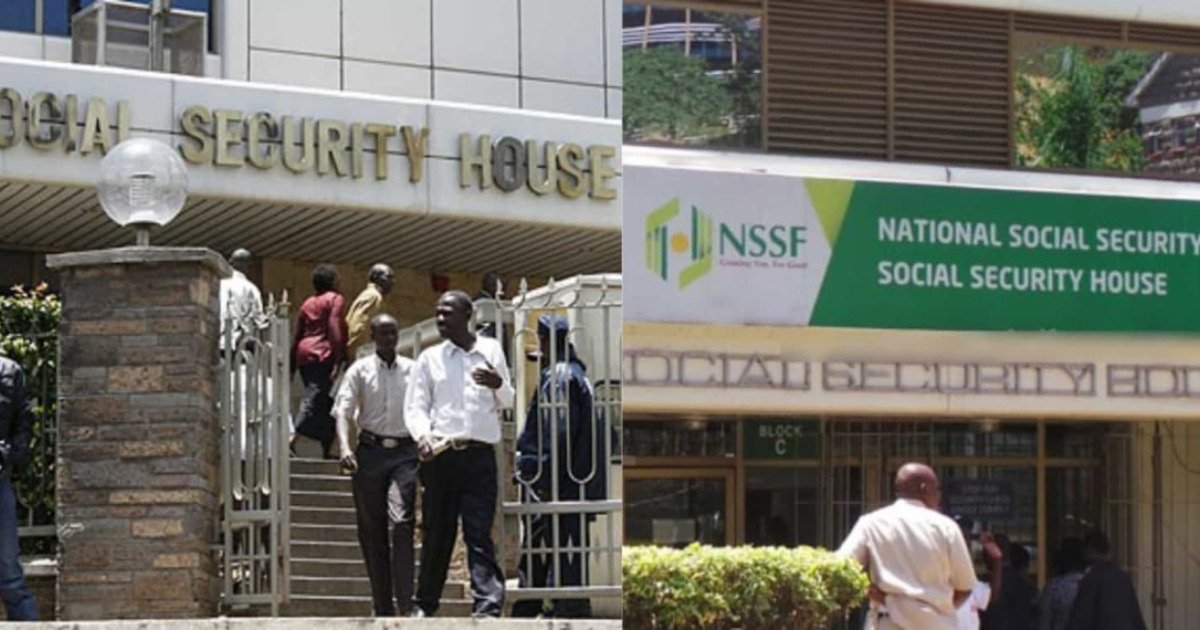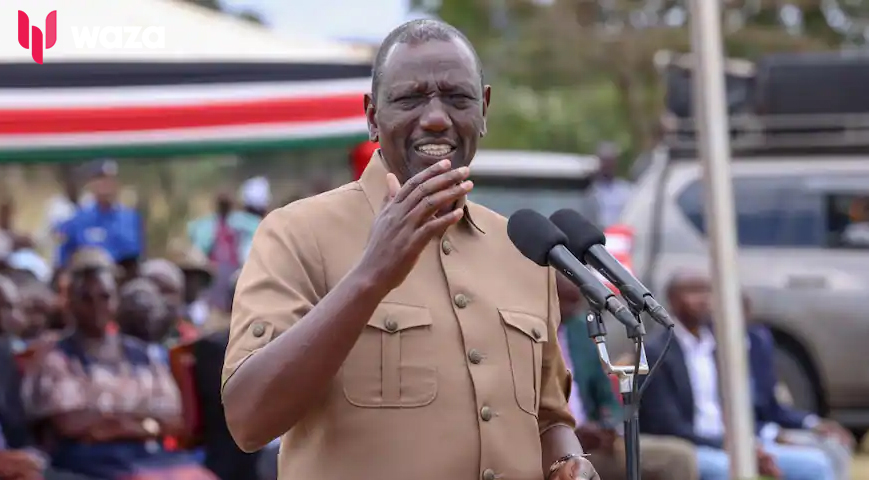Kenyans should prepare for increased National Social Security Fund (NSSF) deductions beginning next month.
Starting in February, NSSF will deduct between Ksh. 420 and Ksh. 1,740 from employee pay stubs.
The amount deemed the lowest pensionable salary, or the lower earnings limit, has increased to Ksh.7,000 from Ksh.6,000, according to a document seen by the media outlining the new rates.
Instead of the current Ksh.360 contribution, this category of employees will now make Ksh. 420.
The Upper Earnings Limit was subsequently raised from Ksh. 18,000 to Ksh. 29,000, which means that most workers will now contribute Ksh. 1,740 instead of Ksh. 1,080. As in the past, the employer will match each contribution.
Did you read this?
Until the following review in January 2025, the rates will not change. The new deduction plan was enacted last year and will gradually raise rates over the next five years.
This change started when the NSSF ACT went into effect in 2013 and mandated that six percent of employees' salaries be withheld each month.
The anticipated implementation of the new contribution rates in 2014 was delayed by a legal dispute over the new deductions that lasted almost ten years.
In September 2022, however, the Court of Appeal issued a ruling approving the new deductions.
This enabled NSSF to launch the new deduction program the previous year. Setting the Lower Earnings Limit at Ksh. 6,000 and the Upper Earning Limit at Ksh. 18,000 was its first order of business. This was announced to the public in January of last year.

The lower earnings limit for 2025 is expected to rise to Ksh. 8,000, according to a table from the NSSF Act 2013, shows the progression of NSSF deductions for subsequent years. The upper earnings limit is set to rise to twice the national average earnings to improve savings for Kenyans.
The Labour Commission would publish new rates for the lower earnings limit based on the current minimum monthly wage starting in the fifth year.
However, there have been concerns about the current minimum wage application. This is because the previous year's lower earnings cap of kSH.6,000 was determined using the minimum wage from 2013.
Since then, the minimum wage has increased; it is unclear if this will be considered when the Ministry of Labor and the NSSF decide on rates going forward.









